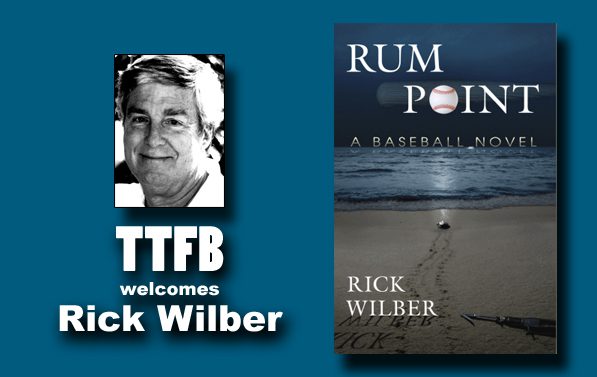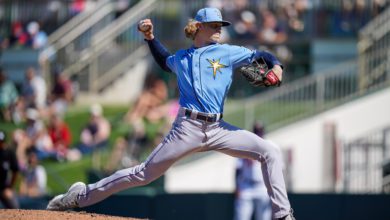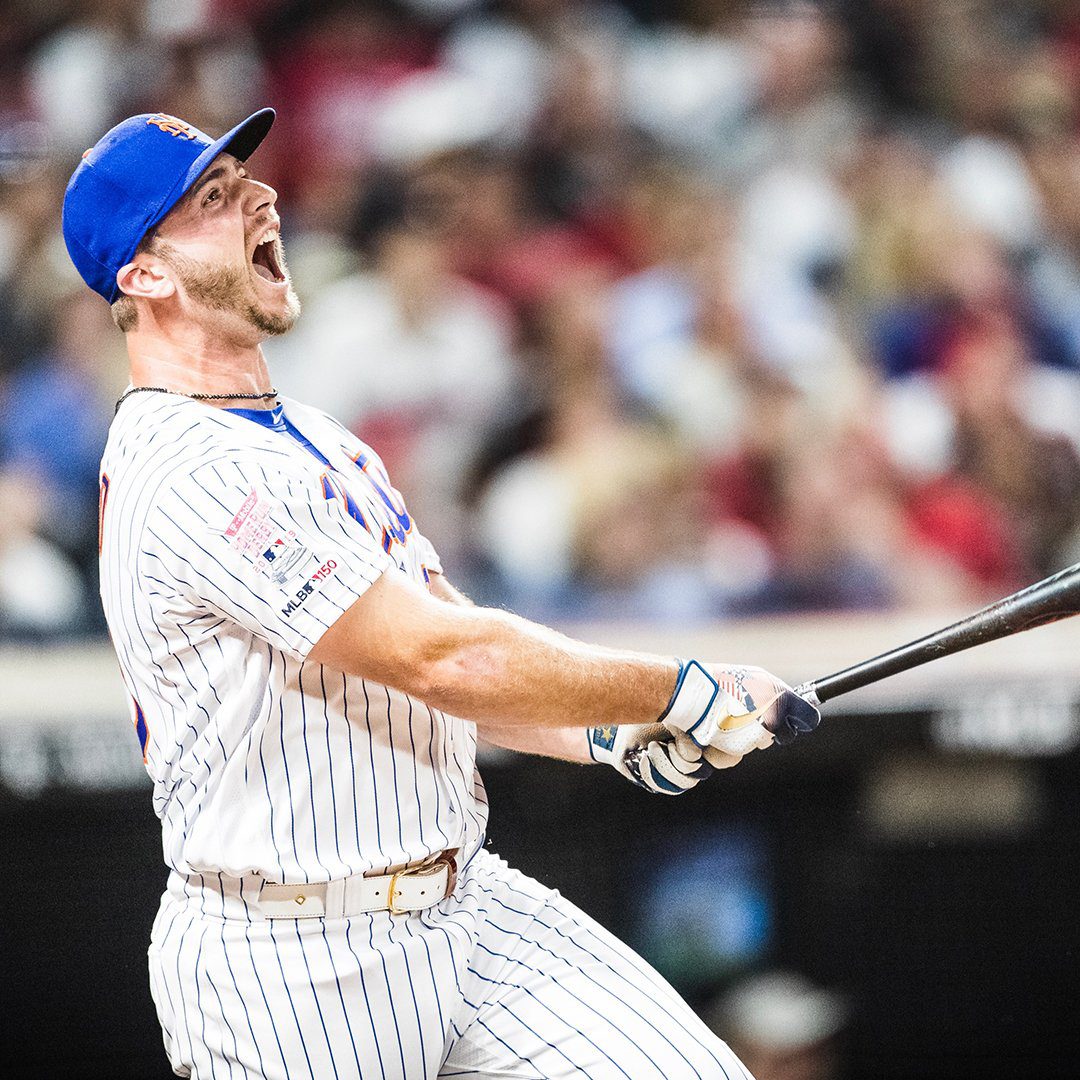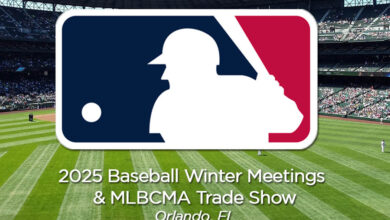
Editor’s Note: Baseball Stories is a new column by author Rick Wilber that will review, well, baseball stories. Rick writes baseball stories of his own, including the memoir “My Father’s Game,” the short-story and essay collection “Where Garagiola Waits,” and the recent mystery novel, “Rum Point,” all available on Amazon or through Rick’s website at www.rickwilber.net. TTFB is thrilled to add some literary panache to its writers roster.
 I have in front of me a Shouts & Murmurs story from the May 30, 2011, issue of The New Yorker. A friend of mine, science-fiction novelist and editor Ben Bova, sent it to me, knowing I’d love the story. Ben and I share an interest in baseball, and especially an interest in baseball stories. We co-authored a short story a few years ago, in fact, that put Babe Ruth and Lou Gehrig into an epic struggle with Old Scratch himself. We had so much fun with that story that we tinkered with a longer story that’s a fictionalized version of the famous Moe Berg story, where a journeyman baseball player in the 1930s became an important spy for the U.S. during World War II. One of these days, perhaps, we’ll get that story finished.
I have in front of me a Shouts & Murmurs story from the May 30, 2011, issue of The New Yorker. A friend of mine, science-fiction novelist and editor Ben Bova, sent it to me, knowing I’d love the story. Ben and I share an interest in baseball, and especially an interest in baseball stories. We co-authored a short story a few years ago, in fact, that put Babe Ruth and Lou Gehrig into an epic struggle with Old Scratch himself. We had so much fun with that story that we tinkered with a longer story that’s a fictionalized version of the famous Moe Berg story, where a journeyman baseball player in the 1930s became an important spy for the U.S. during World War II. One of these days, perhaps, we’ll get that story finished.
I’m a longtime New Yorker subscriber but the magazine is a weekly and thick with some of the best writing in America. Reading it is like the literary version of eating dark chocolate for me, I can only take so much of it at a time, and so I often don’t read it quite cover to cover. I’d missed this little story, and I’m grateful to Ben for making sure I saw it.
The piece, called “Trade,” (which you can read here) is by Simon Rich and it’s about baseball and relationships. And it’s hilarious. A guy named Josh finds out that his girlfriend has traded him, apparently because of his statistics: a five-argument losing streak, forty-five Missed Compliments, twelve Accidental Insults. He admits that he’s been playing like a rookie.
His brother isn’t surprised when he hears the news, telling Josh that “You had a five-argument losing streak. And then there were all those errors” (the Missed Compliments, the Forgotten Events, the Accidental Insults). But his brother offers consolation, too, noting that he was traded himself once just after taking his girlfriend out to a fancy restaurant, buying her a necklace, taking her to a show and then massaging her feet. “You hit for the cycle,” our hero marvels. “Uh-huh,” his brother admits, but she traded him anyway. It was, after all, right before the trading deadline – Valentine’s Day.
What’s great about this story is that the word “baseball” is not to be found anywhere in the nearly 2,000-word story; but it is obvious to us that baseball, or at least its terminology, is at the heart of the story, and gives it the comic turn that makes it work. The first paragraph makes it clear when Josh admits to himself that he knew a trade was possible because, after all, trades are “part of the game.”
The writer, Simon Rich, knows he doesn’t have to hit us over the head with a Louisville Slugger to make his point. We don’t need to be told that he’s gently poking fun at baseball and baseball fans and SABR members and literary readers of The New Yorker and editors of that same publication: all of whom are so familiar with baseball and so familiar with the common use of baseball analogies in life and literature, that they get the joke when they read this story.
We get it, we get it, and that’s a major part of the appeal of baseball in storytelling. The game is so deeply imbedded in our culture that its terminology and its structure and its history and, too often, its clichés are all so familiar to almost all Americans that they need no explanation. Baseball is its own genre with its own tropes and its own style. It is, as Rich makes obvious to us, so well-understood by all Americans, from the poorly read to the most literate readers in the land, that a few little hints here and there make it work. And in the case of “Trade,” Rich is able to play off that subtext, all the background we all share for the game, to use the game ironically even as he moves us through the plot.
Our hero has been traded to a new girl. Will his career prosper there or will the new girl put him on waivers and perhaps he’ll wind up in Durham or Buffalo? Happily, she’s a sort of SABR member of the opposite sex. She finds real promise in some of his stats (his crossword skills are through the roof, she notes) and she sought the trade. By story’s end he’s embraced, literally, his new team and he revels in the joy that comes from Opening Day.
In short, it’s baseball, it’s life, it’s funny. You should give the story a read.
Next week: George Vescey’s new biography, “Stan Musial: An American Life.”





